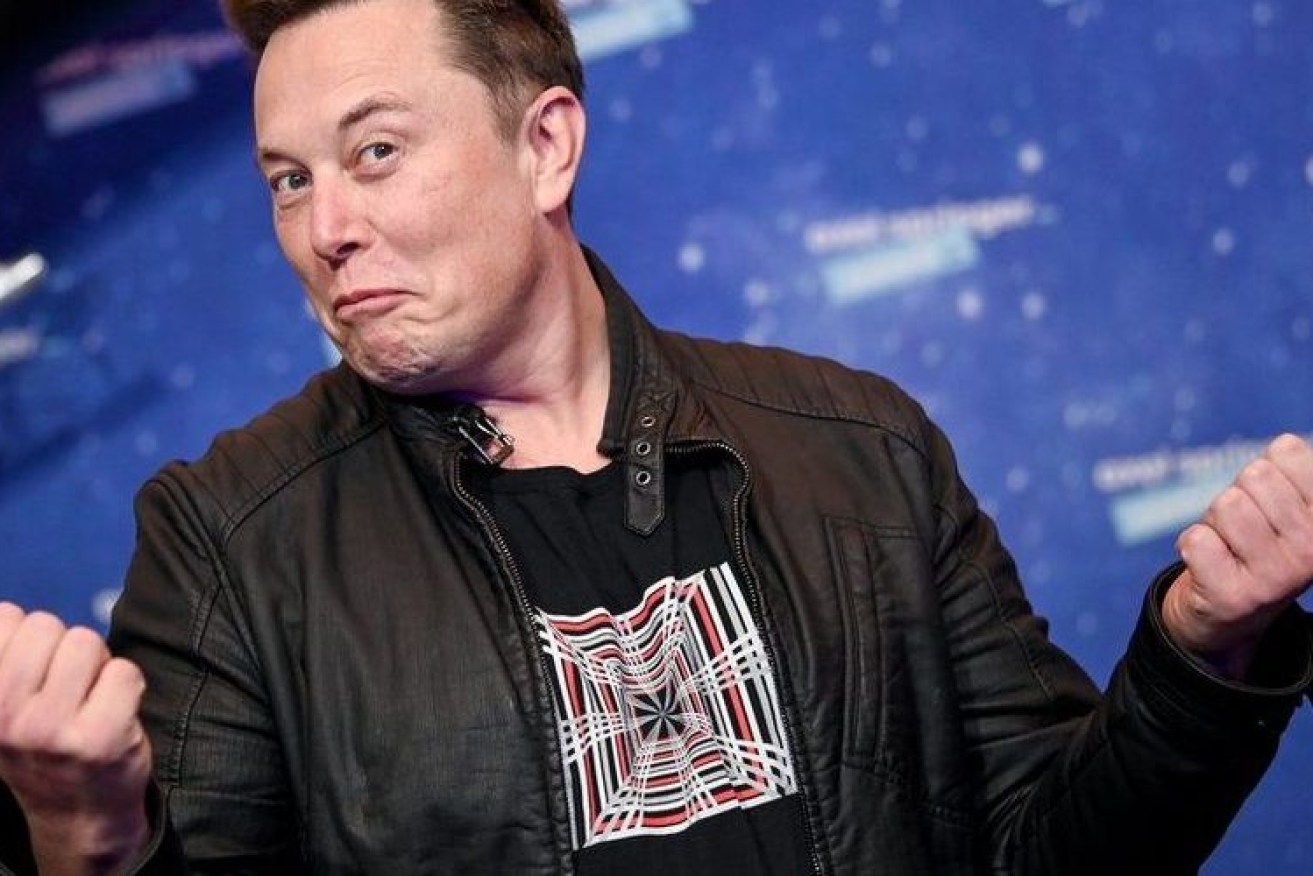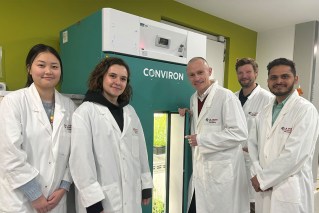We’d all like a Tesla, but should taxpayers fork out $5000 to seal the deal?
The Electric Vehicle Council reminds us that lobby groups love spending other people’s money, especially in the name of the greater good. Robert MacDonald reports


Elon Musk's Tesla will pay for the shipping and installation of the Genex battery replacements (file photo)
I’ve always been impressed with how blithely lobby groups call for government subsidies to fund their own special interests – all in the name of the greater good of course.
Take the Electric Vehicle Council (EVC), which represents “companies involved in providing, powering and supporting electric vehicles”.
Its mission is both noble and clearly self-serving: “To accelerate the electrification of road transport for a sustainable and prosperous Australia”.
The EVC is a harsh critic of the Morrison government’s still-in-the-works electric vehicle strategy, which I wrote about last week.
The EVC calls the “Future Fuels” discussion paper, which Energy and Emissions Reductions Minister Angus Taylor released in February with the aim of having something finalised by mid-year, “yet another flaccid, do-nothing document that will prevent Australians getting access to the world’s best electric vehicles”.
It argues the government is not doing enough, quickly enough, to encourage people to buy electric vehicles. Australia, it says, is lagging behind much of the rest of the world.
Its biggest beef is that Taylor’s discussion paper has ruled out subsidies for private EV buyers, something many other countries are doing.
It believes the government should offer “short-term financial incentives” of at least $5,000 a vehicle – a figure it says is “on the low end of upfront financial incentives available globally.”
The EVC doesn’t cost its suggestion. However it did commission research from EY last year that claims EVs would produce a net benefit to government coffers and society of nearly $9,000 over a 10-year life – most of it arrived at by reduced carbon emissions, local pollution and noise.
But that research makes no allowance for any up-front government subsidies, which presumably would change the numbers substantially.
I’ve asked the EVC for anything they might have by way of specific numbers about their $5,000 “short-term financial inventive” proposal but haven’t yet heard back. I’ll keep you posted.
In the meantime, I’ve done my own, admittedly rough sums.
Let’s say you thought it was a good idea to get EVs making up at least 10 per cent of Australia’s national fleet, which is currently about 20 million vehicles.
That’s the level the EVC suggests should be reached before the government even starts thinking about changing the current fuel-tax regime to a system of road usage charges.
In other words, that’s two million EVs, assuming the total number of registered vehicles doesn’t change over time.
To meet that two million mark over, say, a decade, Australians need to quickly start buying 200,000 EVs a year – up from the current figure of about 7,000 – for the next 10 years.
At a subsidy of $5,000 a pop that’s a cost to the public purse of a billion dollars a year, or $10 billion over 10 years.
And that’s before all the other things the pro-EV lobby wants, from various tax concessions to public support for building charging stations.

Is that really the right way to spend public money?
Who knows? It might be, but we need a lot more analysis than a number suggested by a self-interested lobby group and backed by an argument that amounts to not much more than “but that’s what they’re doing overseas”.
And, without wanting to start a class war, in the early years at least, this subsidy would be mainly going to making Teslas and electric-powered Audis and Jaguars just that little bit cheaper for presumably already cashed-up buyers.
The EVC says in its submission to the government’s “Future Fuels” discussion paper its recent research shows 56 per cent of respondents would consider buying an electric vehicle for their next car purchase.
And more than two-thirds of respondents “overwhelmingly indicated support for government policies to reduce the cost of electric vehicles and provide public charging infrastructure”.
Which sounds about right. If you’re thinking of buying an EV, why wouldn’t you like the idea of the government subsiding your purchase, and making sure the charging infrastructure was in place?
The EVC and other EV proselytizers are, it seems to me, quite right in criticising the Morrison government’s rather laconic approach to bedding down a nationally consistent approach to an EV future.
The government needs to be working closely with the states to make sure that the charging infrastructure is in place, that the taxation regime can handle the steady decline of petrol tax and that the electricity distribution system is prepared for the changes in energy demand patterns brought about by EV home charging.
But do we need to hand out subsidies to encourage more people to buy EVs?
Massive commitments by China, the US and Europe to end the era of internal combustion engines mean that EVs will increasingly be the only choice.
And even if they’re so expensive at the moment that you need government underwriting to sell them, just look at the huge fall in the price of solar panels over the last decade or so.
If the demand is there, I’m certain the market will find a way to meet it, and with luck, save Australian taxpayers billions of dollars in handouts.












